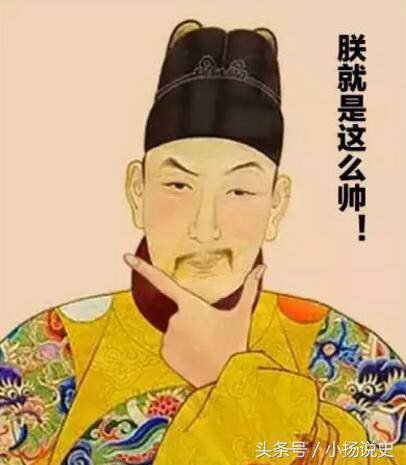Zhengde Emperor, Ming Dynasty, Chinese history, Emperor of China, Ming emperors, Ming rulers, biography, reign, achievements, controversies, legacy, Forbidden City
Introduction
The Zhengde Emperor, one of the lesser-known rulers of the Ming Dynasty, left a lasting impact on Chinese history despite his relatively short and controversial reign. Ascending to the throne at a young age, Zhengde’s rule was marked by a combination of military expeditions, cultural pursuits, and personal indulgence. In this article, we delve into the life, reign, and legacy of the Zhengde Emperor, shedding light on the complexities of Ming Dynasty politics and the challenges of imperial governance.
Early Life and Ascension to the Throne
Born Zhu Houzhao on June 26, 1491, the future Zhengde Emperor was the eldest son of the Hongzhi Emperor and Empress Zhang. He ascended to the throne of the Ming Dynasty at the age of 14 following the death of his father in 1505. Despite his youth, Zhengde showed early promise as a ruler, displaying a keen interest in military affairs and a desire to assert his authority over the imperial court.
Reign and Achievements
Zhengde’s reign was characterized by a series of military campaigns aimed at expanding Ming influence and securing the empire’s borders. He personally led several expeditions against the Mongols and the Oirats, seeking to defend China’s northern frontier from incursions and raids. While these campaigns met with mixed success, they helped to consolidate Ming control over the vast territories of the empire.
In addition to his military pursuits, Zhengde was also known for his patronage of the arts and his support for cultural exchange and innovation. He sponsored the construction of temples, palaces, and gardens, including several notable additions to the Forbidden City in Beijing. Zhengde’s reign saw a flourishing of literary and artistic endeavors, as scholars and artisans sought to curry favor with the imperial court.
Controversies and Personal Indulgences
Despite his achievements, Zhengde’s reign was not without controversy. The emperor’s extravagant lifestyle and penchant for hedonism earned him criticism from Confucian scholars and officials, who saw his behavior as unbecoming of a ruler. Zhengde’s fondness for hunting, drinking, and carousing with commoners further fueled speculation about his suitability for the throne.
Moreover, Zhengde’s lack of interest in statecraft and governance led to a growing sense of disillusionment among his subjects, as officials struggled to maintain order and stability in the face of royal indifference. The emperor’s frequent absences from the capital and his failure to address pressing issues of administration and justice only served to exacerbate the situation.
Read Also: Exploring the Tapestry of World History: A Journey Through Time
Legacy and Historical Assessment
The Zhengde Emperor’s reign is often viewed as a period of decline and decadence within the Ming Dynasty, characterized by political instability and social unrest. While his military campaigns and cultural patronage contributed to the empire’s prestige and influence, Zhengde’s personal shortcomings and lack of leadership ultimately undermined his authority and weakened the imperial institution.
In hindsight, Zhengde’s reign serves as a cautionary tale of the dangers of unchecked power and the consequences of royal excess. Despite his best intentions, the emperor’s failure to fulfill his responsibilities as a ruler left a legacy of instability and uncertainty that would ultimately contribute to the downfall of the Ming Dynasty.

